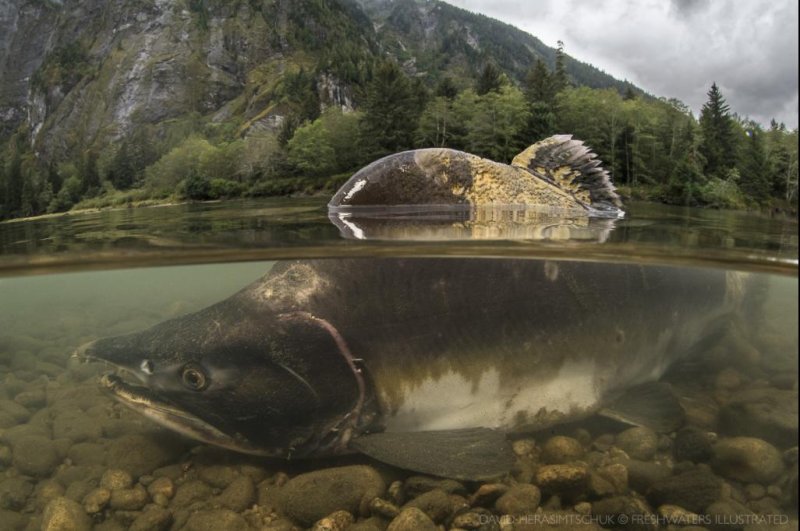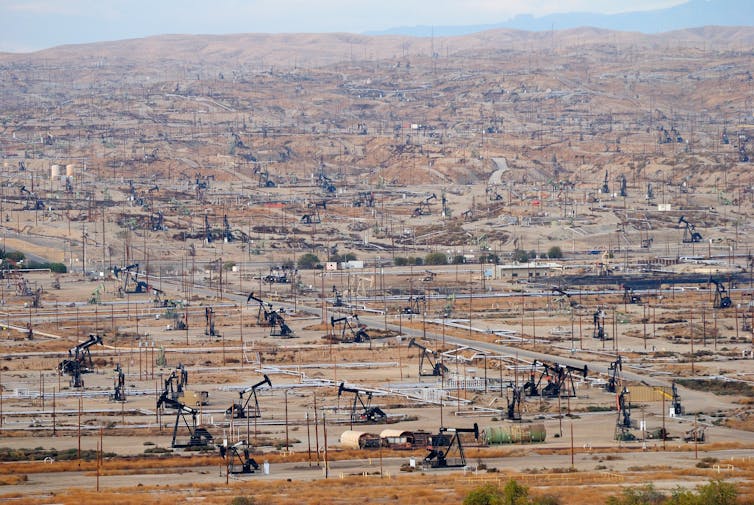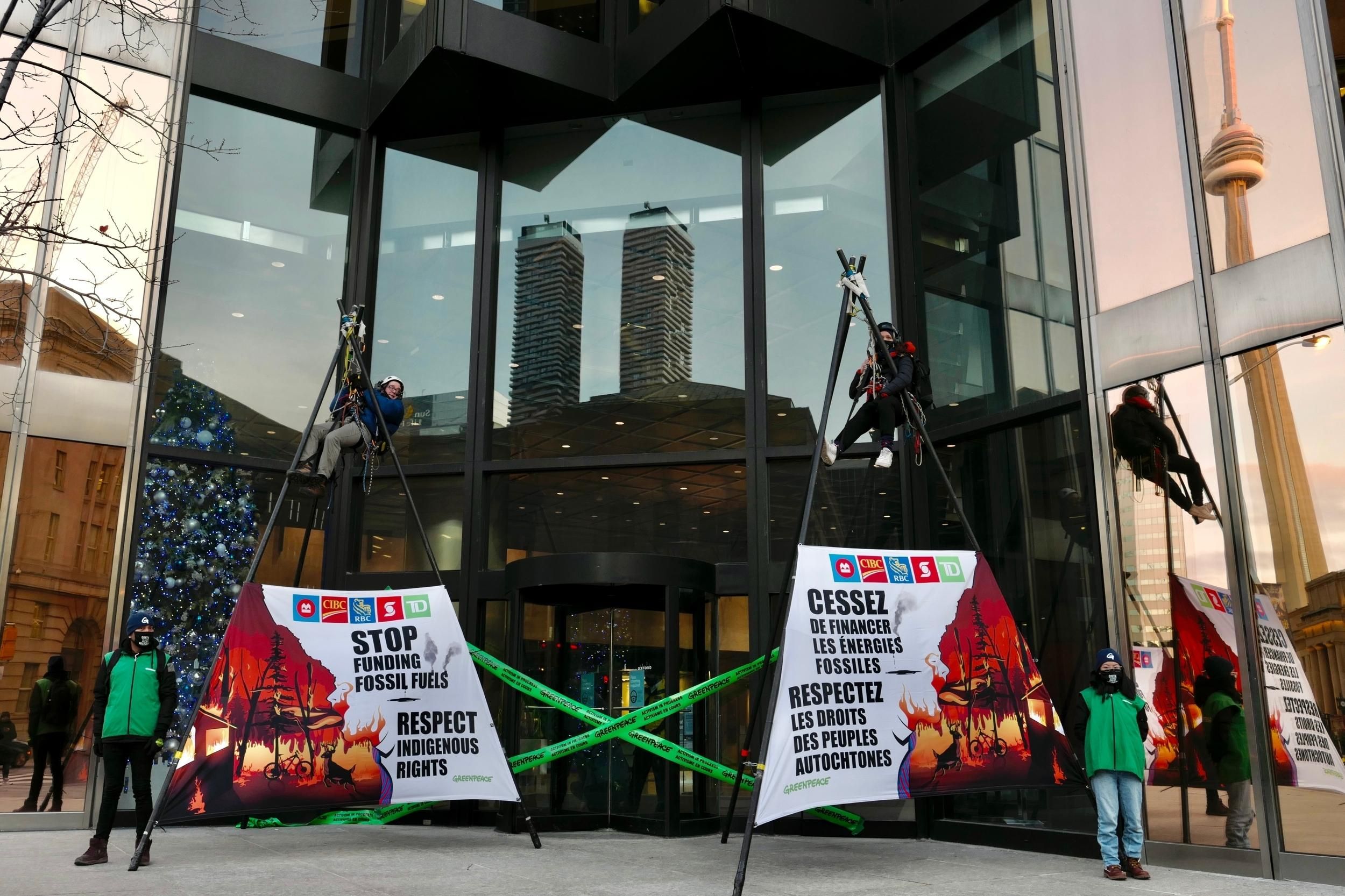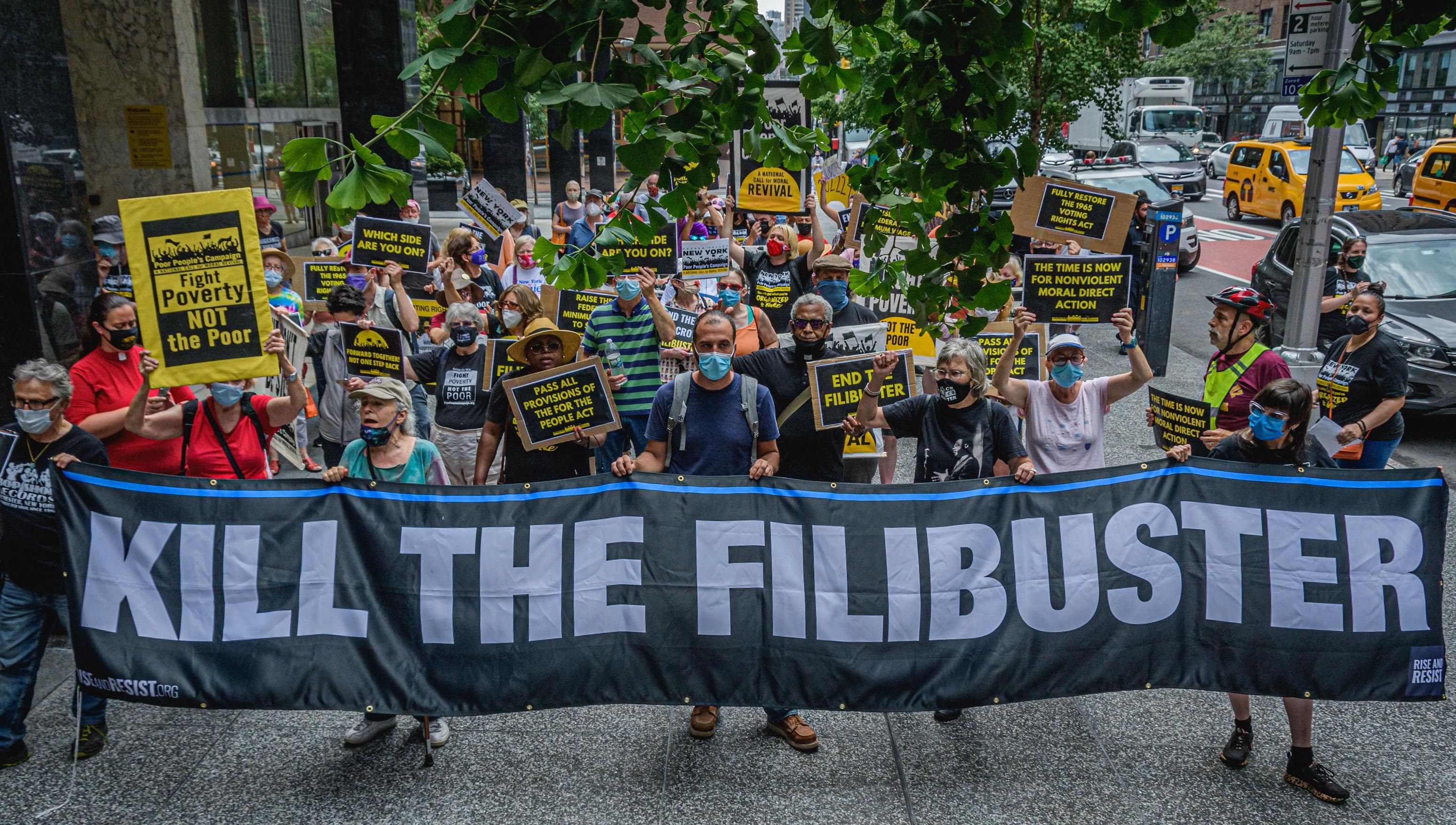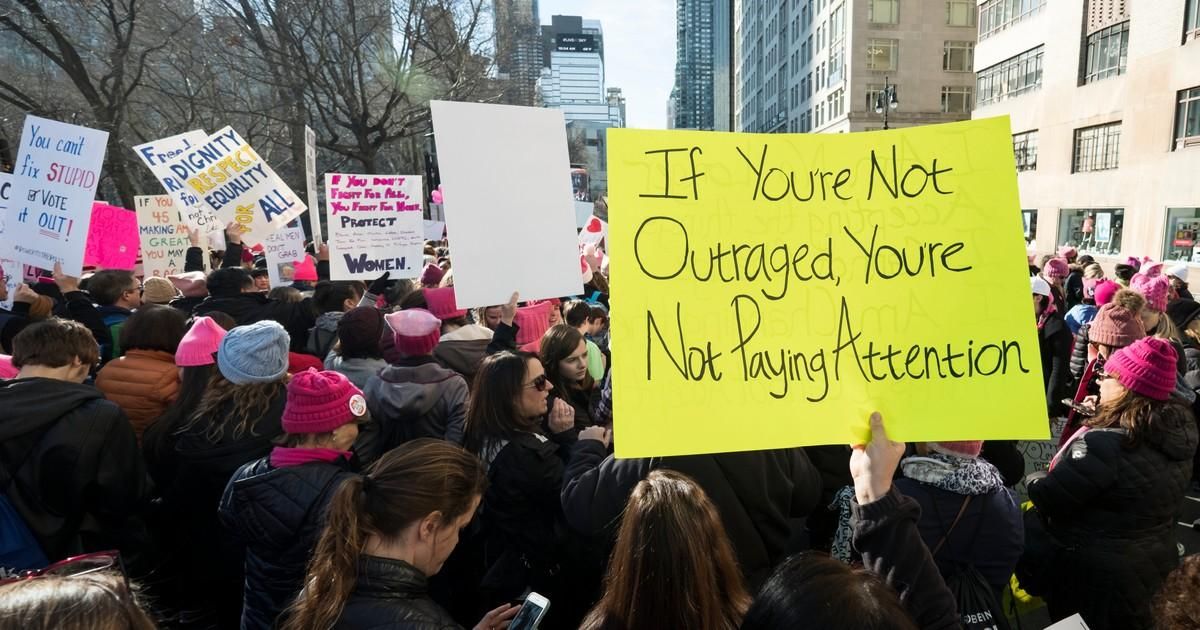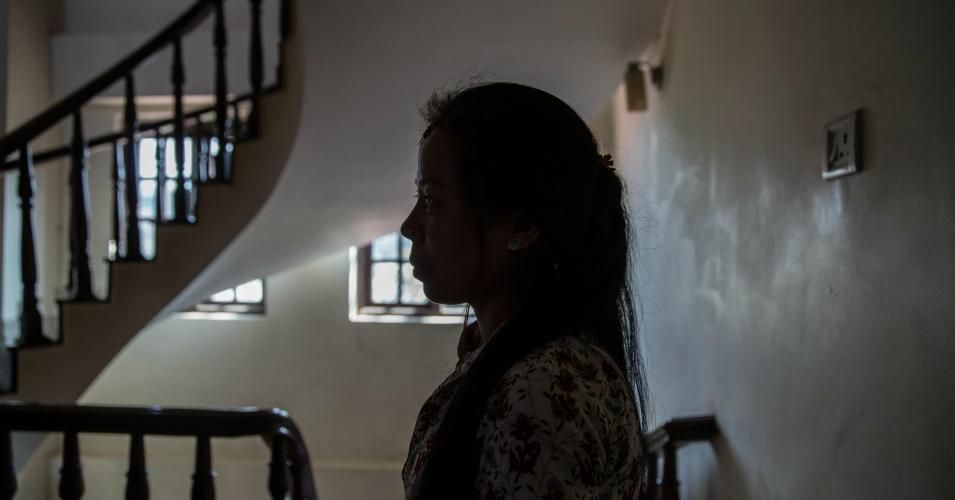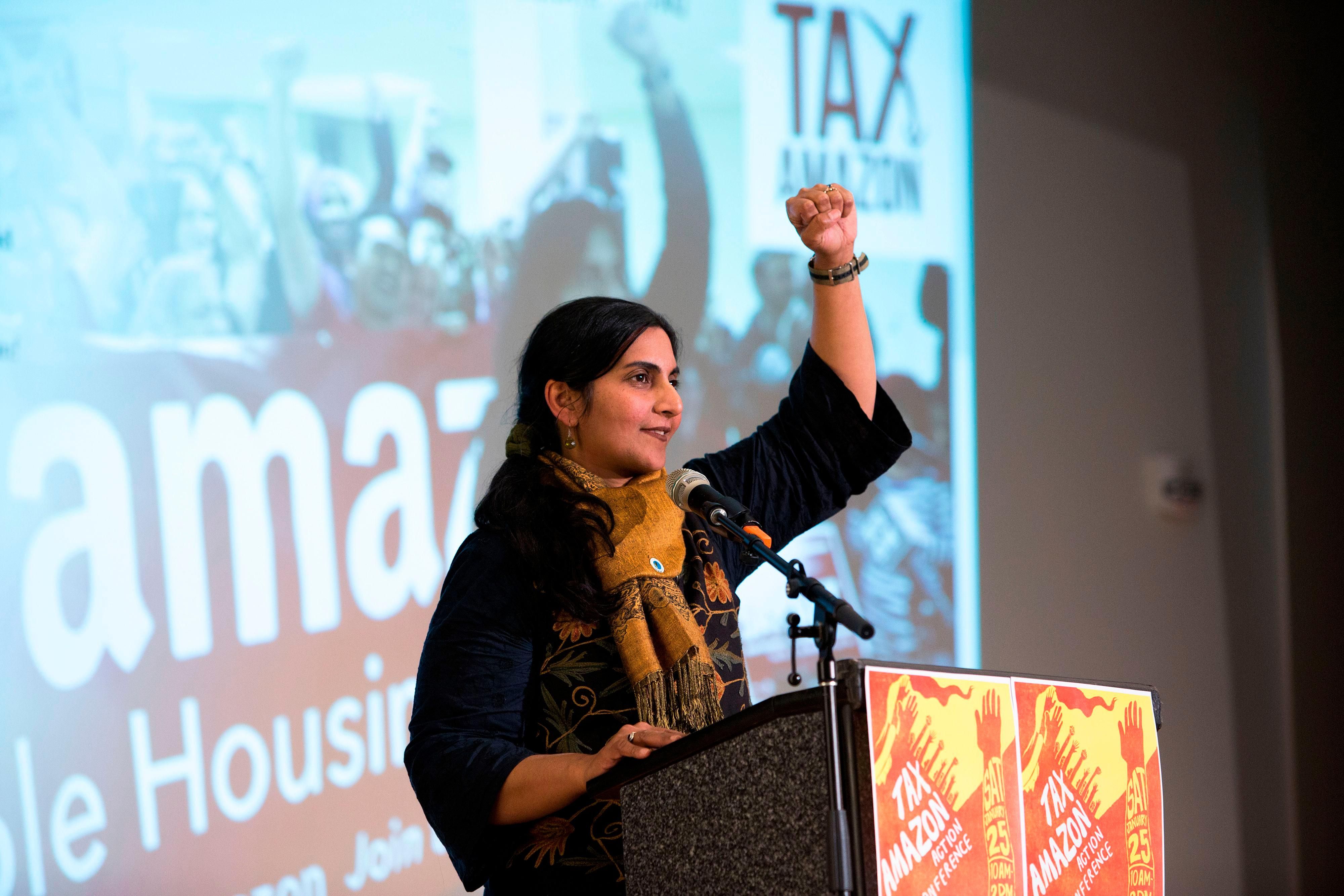VP Kamala Harris issues call to action on first Maternal Health Day of Action
By Simon Druker
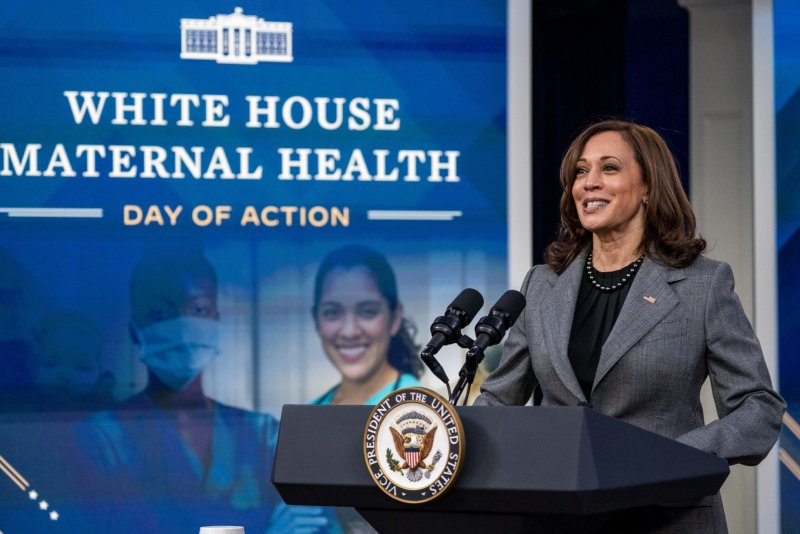
Vice President Kamala Harris delivers remarks about the White House Maternal Health Day of Action on Tuesday. Photo by Shawn Thew/UPI | License Photo
Dec. 7 (UPI) -- Vice President Kamala Harris marked the White House's first Maternal Day of Action on Tuesday, holding a summit aimed at improving health for recent mothers across the United States.
The summit included both celebrities and politicians at various levels, as she implored both the public and private sectors to do more to reduce the U.S. maternal mortality rate -- about 16.7 per 100,000 live births.
Harris used the occasion to highlight investments proposed in the Build Back Better Act, which would support safer pregnancies and childbirth, while reducing complications in the first year after a child is born.
She also urged lawmakers to spend an additional $3 billion on maternal healthcare, which would include expanding postpartum Medicaid coverage to one year.
The Department of Health and Human Services also released a report Tuesday estimating that 720,000 more people would gain Medicaid postpartum coverage if states act independently from the federal government. The report also provides guidance to states on how to provide Medicaid coverage for a full year postpartum.
The summit is part of President Joe Biden's Build Back Better Plan and the administration's push to expand Medicaid coverage and provide a greater safety net of social services. The bill is currently being negotiated in the Senate.
Black and Native American mothers are more likely to die from complications during or after childbirth than any other race or ethnicity in the United States, according to data from the Centers for Disease Control and Prevention.
RELATED Report: Pregnancy, childbirth complications cost U.S. billions
"In the United States of America, in the 21st century, being pregnant and giving birth should not carry such great risk," said Harris, while pointing out the United States has the highest maternal death rate among developed countries.
"So, let us all say unequivocally, maternal mortality and morbidity is a serious crisis, and one that endangers both public health and economic growth, which means everyone is impacted by it."
A Mathematica and the Commonwealth Fund report released last month estimated that pregnancy and delivery complications for all births in 2019 will cost the United States more than $30 billion in healthcare expenses over the first five years of the infants' lives.




